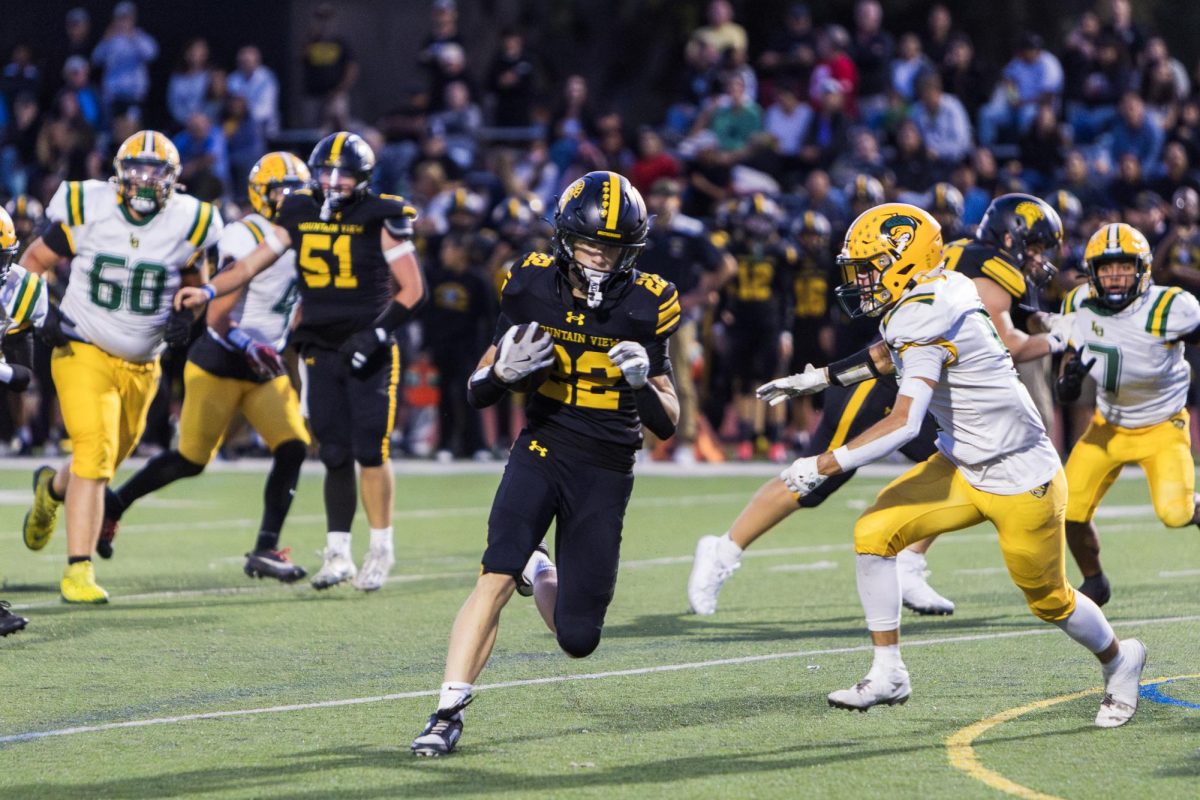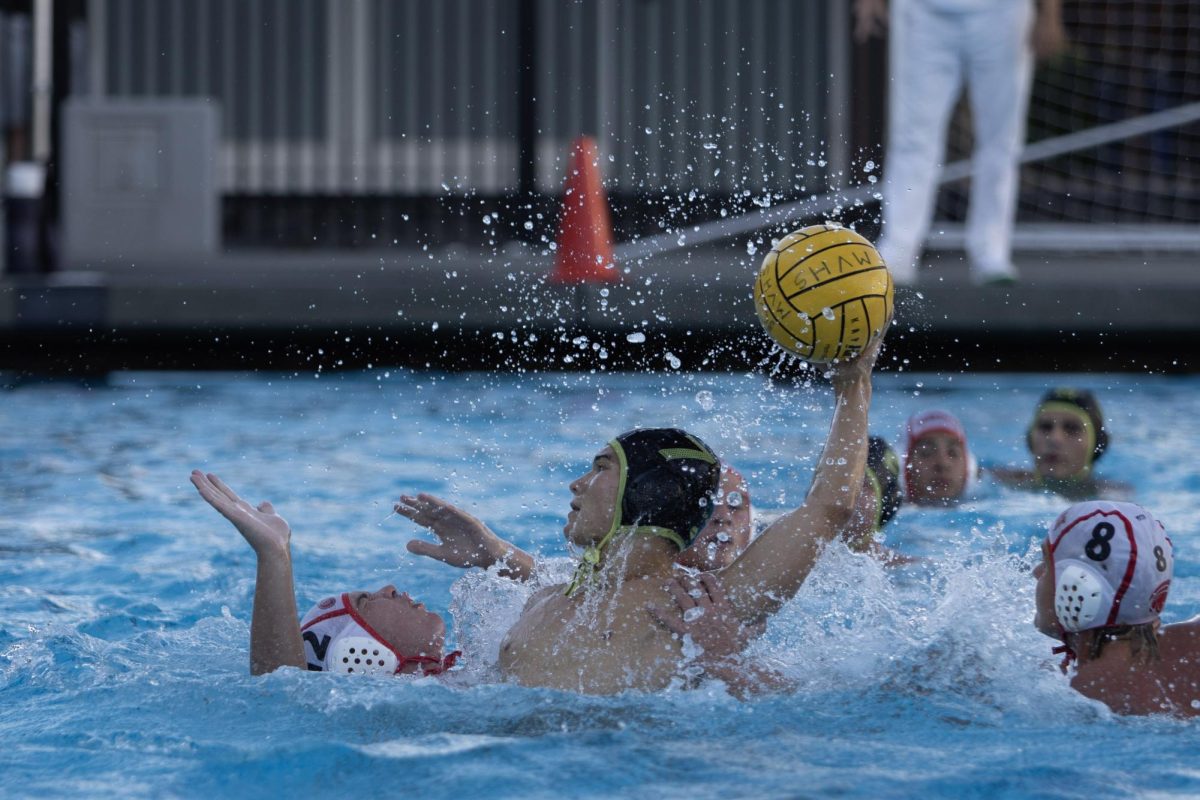After a recount the day after 2000 election day, it was discovered that 1 vote does make a difference–George W. Bush won by a mere 2000 votes cast in his favor coming from a small town in South Florida.
Similarly to election results, the misconception that “one vote doesn’t make a difference” applies to the principles behind AP Environmental Science as well–one person, one action, absolutely makes a difference and can help to start the spark that will lead to the earth’s survival during a time of crisis.
The fact that environmental science is now offered at Mountain View High school is extremely significant, and important to parents and students alike. Many students entered the class with skeptical attitudes have left with knowledge they believe they will be able to carry with them for the rest of their lives. Although not all will go on to be environmental science majors in college or horticulturalists in the adult world, all will be equipped with a set of in-depth skills and knowledge as to how the earth functions, what exactly the human race is doing to pollute it and how this can be stopped. Even the most basic help, simply making one’s peers aware of the problems the earth is facing, can be invaluable for the future of the planet and one’s personal environment. Telling friends not to litter can start a trend and be just as impactful as leading a beach cleanup. Offering environmental science at MVHS this year has given students the knowledge and an arsenal of tools they will need to impact the health of the environment.
Environmental Science was started at Los Altos High by a team of concerned students called the Green Team, in August 2010. Science teacher Greg Stoehr stepped up to head up MVLA’s first APES program, and the class began that fall.
“Our sister schools offer it and there’s high student demand for it, so we were willing to put in funding, send him to training,” Superindentant Barry Groves said.
Motivated by more than just synchronization with local schools and popularity among students, however, Groves cites the need for students to learn citizenship and stewardship of our environment, how to care for the earth in the future, and to be swept up in the tidal wave of what Groves refers to as “the fastest growing science out there.”
APES students and parents alike have been concerned with the lack of information on physically solving the earth’s problems included in the class curriculum–but this is due to the fact that the information doesn’t exist. Solutions to the majority of issues earth faces right now have not been discovered, but that does not mean that learning them is not still essential. Students are required to learn about potentially disturbing, unsettling subjects throughout high school and APES is no different: the Holocaust and records of other genocides are included in school’s curriculum, and so too should APES be. To ban or not encourage students from learning about how to better protect the earth and how it was damaged in the first place is not conducive to finding healthy alternatives for fixing our planet.
To the allations that APES is a class offering problems without a slew of solutions solving them, Groves defends his perspective: “If we can start to make things better, we have to start today. If we do nothing, the alternatives will be bleak,” Groves lamented.
Offering APES will provide students with the inspiration they possibly need to decide that the planet they live on is worth saving. And after a year of an APES class, most students are enthusiastic about what they can do to help the earth.
As Dr. Groves put it, “People are excited that they can make a difference.”
































